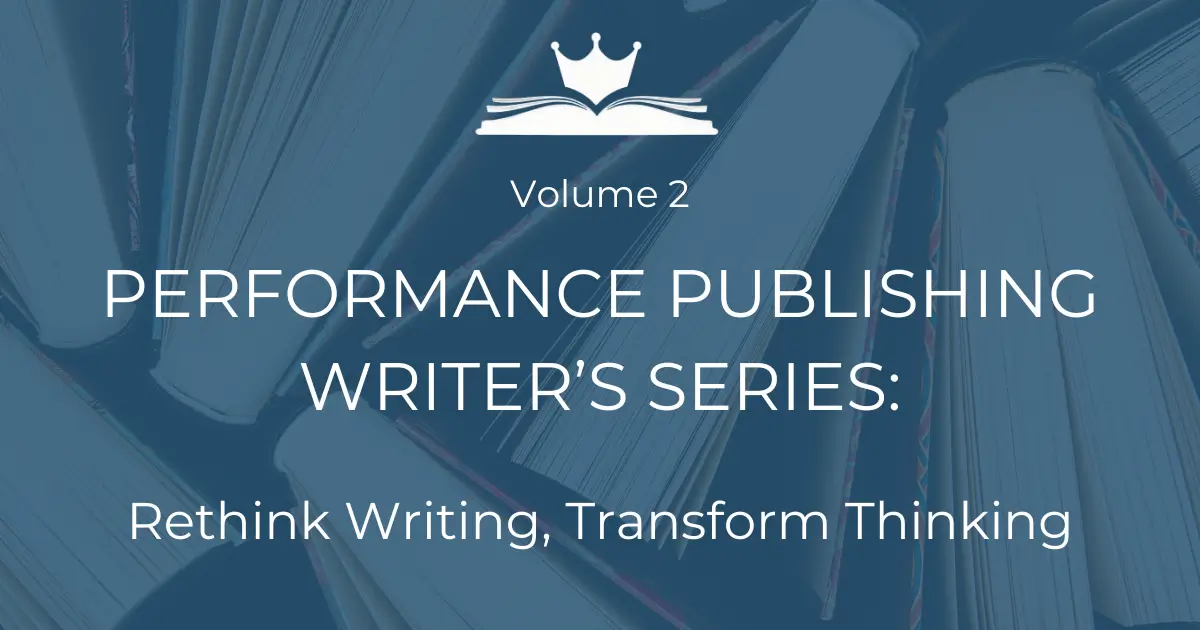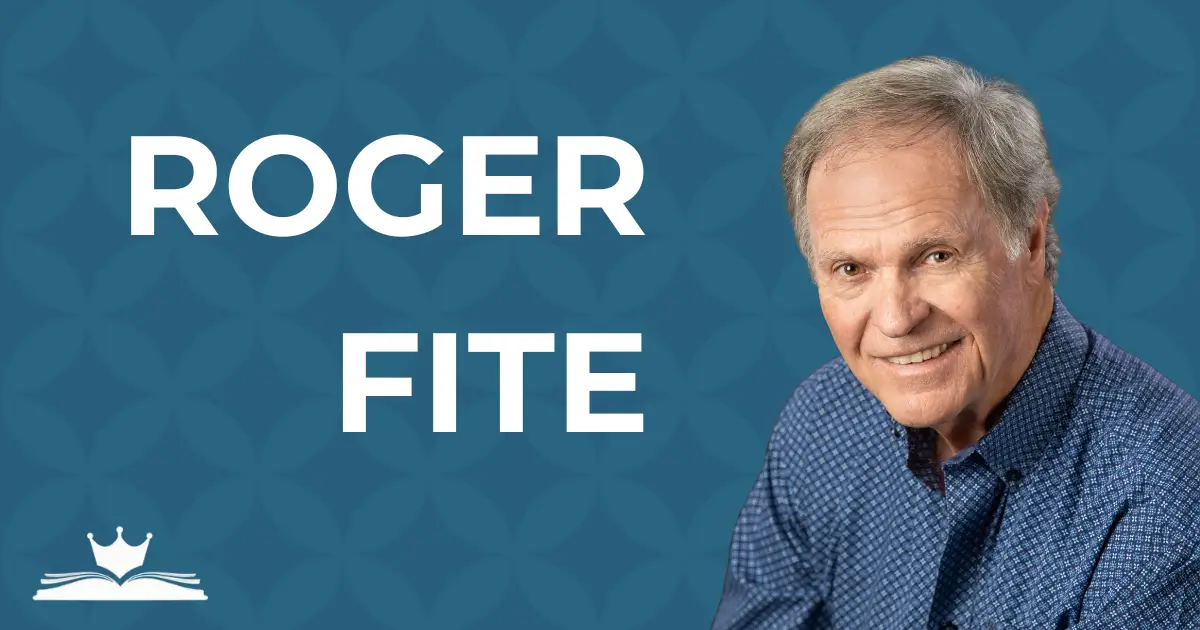
I used to think writing was just about sharing what you know. Turns out, it’s a fantastic way to figure out what you know.
Ever think about how writing is more than just jotting down thoughts? It’s like a gym workout for your brain, making your ideas stronger and clearer. The writing process itself can be an excellent way to elevate your thinking.
I recently ran across a 2005 blog post by the legendary entrepreneur and investor Paul Graham. It’s short, punchy, and a nostalgic reminder of what the internet looked like in 2005. (https://paulgraham.com/writing44.html). Have a look if you want to be taken back in time!
Graham argues that writing is not just how we communicate the ideas we have, but it is how we generate and evolve our ideas. Writing is a process of thinking itself. When we write, we are recording our own thinking process. Good writing is good thinking.
You can’t hide bad thinking in your writing. It’s one of the reasons former Amazon CEO, Jeff Bezos, banned PowerPoint presentations for his management team. Instead, he required them to write longform memos that tell the story that they are trying to convey. You can hide bad thinking in a PowerPoint. But you can’t hide bad thinking in your writing. It forces you to work out the problems and forge new solutions. Clear writing requires clear thinking. Writing exposes the clarity or muddiness of one’s thoughts. It is an idea generator that often leads to breakthroughs and new perspectives.
But some of you might be saying, “great, but I’m not a good writer”. The good news is that writing is a skill that can be developed just like any other. Graham shares a framework for writing. Once understood and implemented, this framework can be a gamechanger for both how you feel about writing and the quality of what you produce.
Write quickly to get ideas down. This is what is sometimes called the “brain dump”. Don’t worry about structure, grammar, the best words to use, etc. Just think with your pen or keyboard.
Refine, repeatedly. You should spend more time refining your writing than you do drafting your writing. Really think about what your reader will hear when they read it.
Cut out unnecessary parts to achieve clarity. Good writing is clear and concise. If words are not necessary to convey your thinking, cut them out. Then do it again.
Write in a conversational tone to maintain reader engagement. Write like you talk. If you wouldn’t use that language to tell someone about your idea, don’t use it in writing.
Develop a sensitivity to your own writing to spot and improve weak areas. You are your best editor. Pay attention to your habits and improve them over time. The editing process is where you clarify your own thinking and come up with new ideas.
Graham also gives some practical tips for writing.
Keep a notebook for spontaneous ideas. Come up with the best way for you to record thoughts on the fly. In 2005, Graham suggested a notebook. That may still work for you. But now we have notes apps, recording ability on our phone, and many other digital tools. Decide what works best for you and commit to one process.
Embrace the rewriting process. Rewriting and editing is where the magic happens. You should be excited to dive in on what you have previously written. These should be your best days of thinking and iterating. Don’t look at editing as an administrative task. Look at it as a thinking task.
Seek feedback from trusted peers. Others can tell you if what you’ve written makes sense to them. But make sure that you have refined it thoroughly yourself before you seek the opinion of others.
Write about topics of personal interest to maintain your motivation and authenticity. This may seem obvious but write about what you know and love. If your knowledge base is thin and the topic doesn’t excite you, it will show in your writing.
Writing is one of the most valuable things you can do for your personal and professional growth. It’s why many experts tout the benefits of journaling to promote good mental health. It’s why our thought leaders and experts also have the title “published author” or “best-selling author”.
We’ve seen it time and time again with our Performance Publishing authors. They come out the other side of the process a changed person. Some of it is the confidence they gain from becoming a published author. But behind that, is the clarity that they gained by thinking through and refining their message.
Writing is a critical skill for clear thinking and effective communication, regardless of your profession. Embrace writing not as a chore but as a valuable tool for intellectual and professional growth. Whether you are ready to write your first manuscript, your 10th manuscript, or you just want to be a better written communicator in your business or personal life, writing can change you. I invite you to make commitment to writing. You will see a noticeable impact on your thought process and idea generation.



